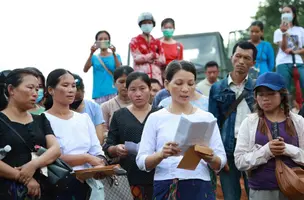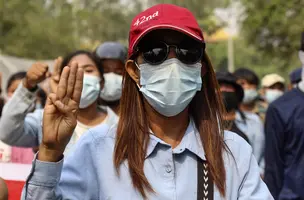
Home
Publications
Publications
Showing 0 to 0 of 0 results

Statements
2023-12-08T10:05:19
International community must act to prevent further gender-based violence in Myanmar, Southeast Asian MPs say

Statements
2023-07-03T09:40:47
Southeast Asian parliamentarians call for women, ethnic people to have greater say in the future of a democratic Myanmar

Opinion Articles
2022-02-15T08:52:43
NU’s next challenge: Substantive policies on freedom of religion
TOP
ASEAN Parliamentarians for Human Rights (APHR) was founded in June 2013 with the objective of promoting democracy and human rights across Southeast Asia. Our founding members include many of the region's most progressive Members of Parliament (MPs), with a proven track record of human rights advocacy work.
Copyright © 2024-2025 All Rights Reserved - ASEAN Parliamentarians for Human Rights (APHR)
Website by Bordermedia